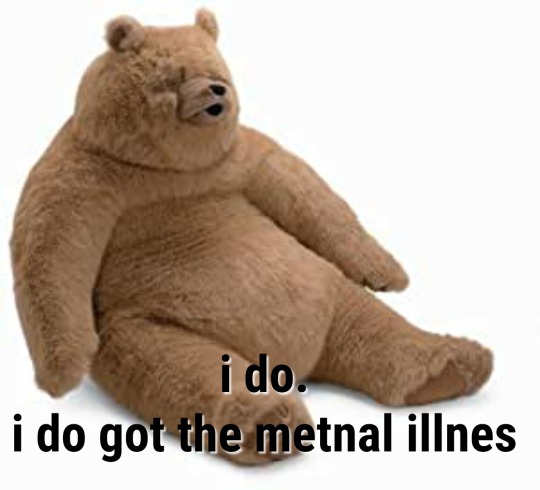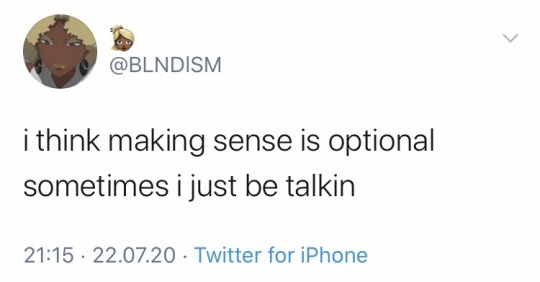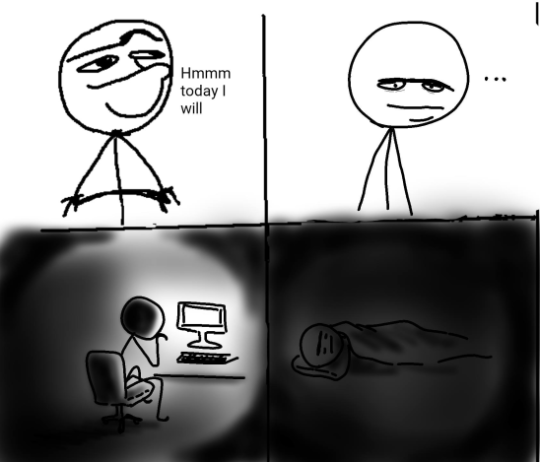Don't wanna be here? Send us removal request.
Text
WHAT is that one poem (?), abt a modern worker contemplating the numerous forgotten who were actually responsible for all the ‘great’ deeds of history
56K notes
·
View notes
Text
I don’t think anime vs western animation are as different as people claim due to the fact they have inspired and fed off each other for decades (they’re friends!!), however I do think our environmental messages to kids are… significantly and interestingly different
whereas, say Ghibli films express a deep Shinto-based respect and reverence for nature:

fighting for it as a means of both self-preservation and expression of heroism revolving around justice
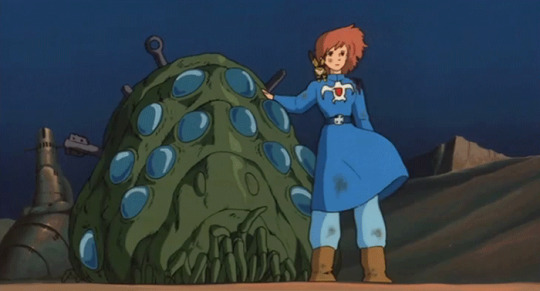
and a matter of other groups of humans (the government often) going up against the stalwart youth
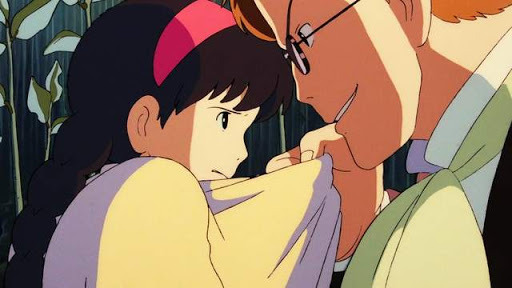
This is contrasted to western animation which tends to be like…. hey! look at this funny bat! And pollution is an evil spirit you can fight like physically
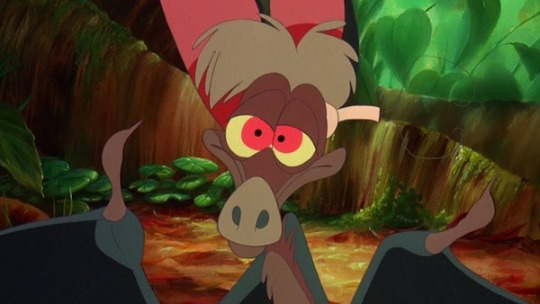
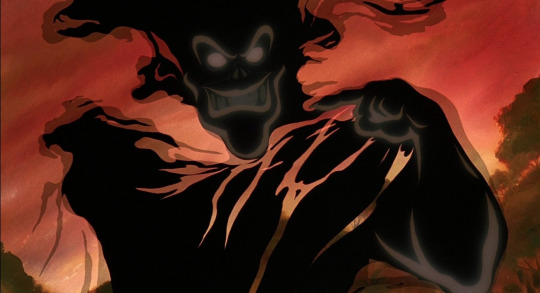
that isn’t to say the west doesn’t depict environmentalism as heroic and even involving collective action, Captain Planet is a good example of this
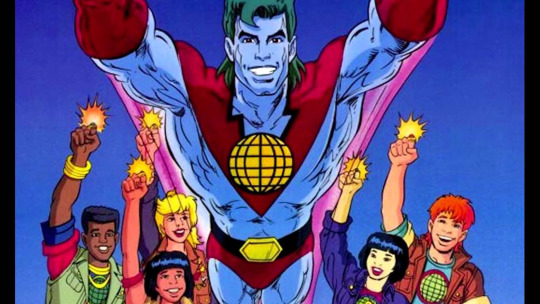
but individualism is still very present, the struggle is stalwart youths versus an individual or individual corporation, hell, sometimes you even get a sympathetic backstory for the corporation and weirdly cool rock song
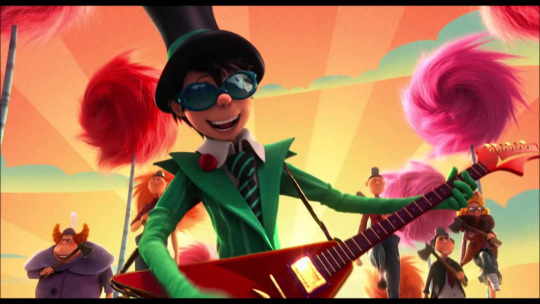
to be clear, antagonists like Lady Eboshi in Princess Mononoke are sympathetic too, but it is… different, Lady Eboshi is trying to survive due to circumstances but it is all of Irontown that represents a system of corruption
In comparison, there is this western idea of corruption coming from individuals rather than systems as well as the fact they aren’t trying to save nature because we are part of it, but because nature itself is a person and thus worthy of respect
In Fern Gully the fairy’s represent nature, the Lorax represents nature, Captain Planet is literally just nature, all things we can talk to and relate to, where in Princess Mononoke and Nausicaa the ultimate nature spirits are something you can’t talk to and are frankly terrifying, awe-inspiring, and mighty

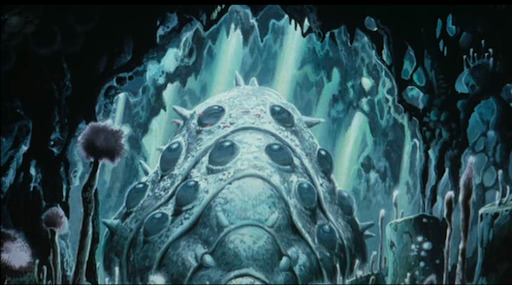
Western epistemology is heavily rooted in Christianity which says that man has dominion over fish of the sea, fowl of the air, and creatures of the land, ect, which leads to a utilitarian and separate view of nature– what can it do for us as separate (higher) beings, and the only way to combat this view is to say “actually nature is a person and thus worthy of protection”
Whereas Japanese Shintoism has much more emphasis on the idea that we are all part of a whole with nature, nature is the ultimate divine with nothing more important than the other, and something worthy of protection not because we can understand it, but because we can’t
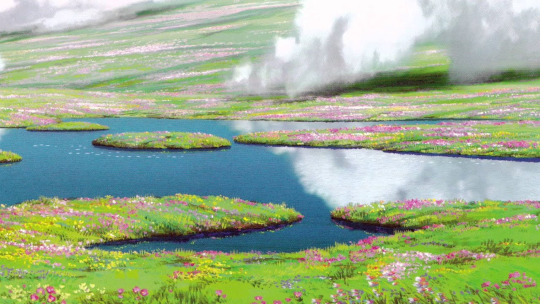
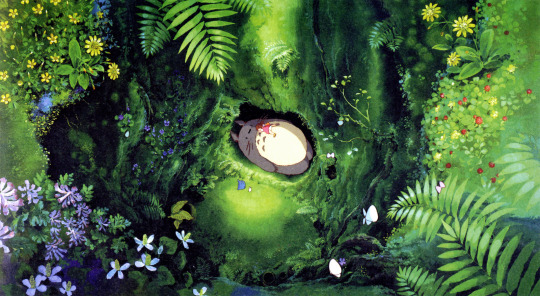

“It’s a mistake to think about nature from the idea of efficiency, that forests should be preserved because they are essential to human beings”– Hayao Miyazaki
this is not to completely bash western animation, it does have other strengths such as emphasizing children’s relationship to empathy, empathy toward others in “Toy Story” and empathy toward themselves in “Inside Out”
However, our methods of conveying environmentalism could use some updating and steering away from “goofy” and “relatable” and maybe a little more terror and awe involved with fighting the good fight
43K notes
·
View notes
Text
octopuses die after they have sex for the first time by the way. and squidward just happens to still be alive and well.
182K notes
·
View notes
Text
2020 has been like:
January
February
March
March
March
March
March
March
March
March
March
March
March
March
March
March
March
Ap-
Junly
Augsepoctob…Halloween
Destiel
December
157K notes
·
View notes
Video
249K notes
·
View notes
Text




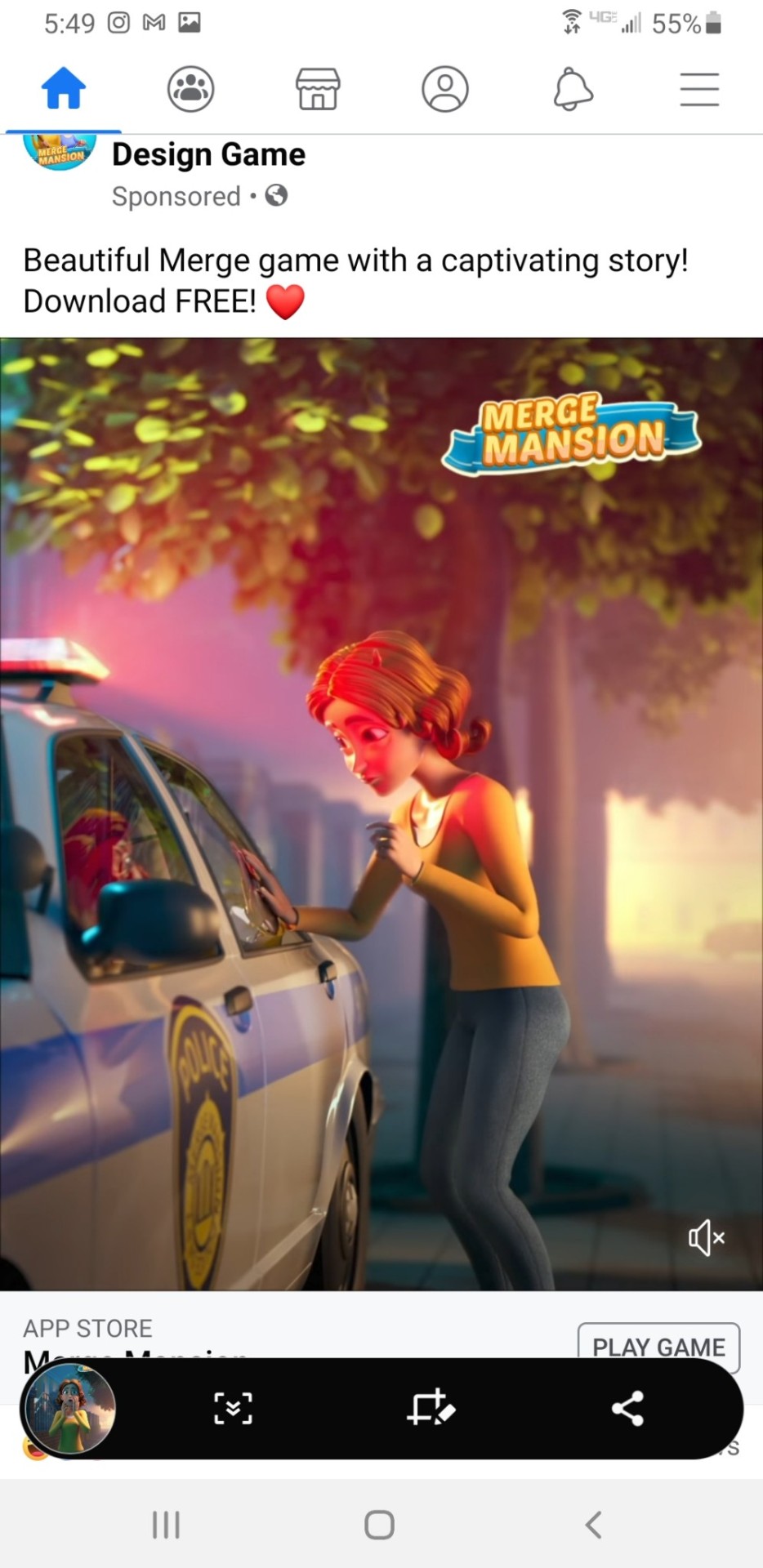

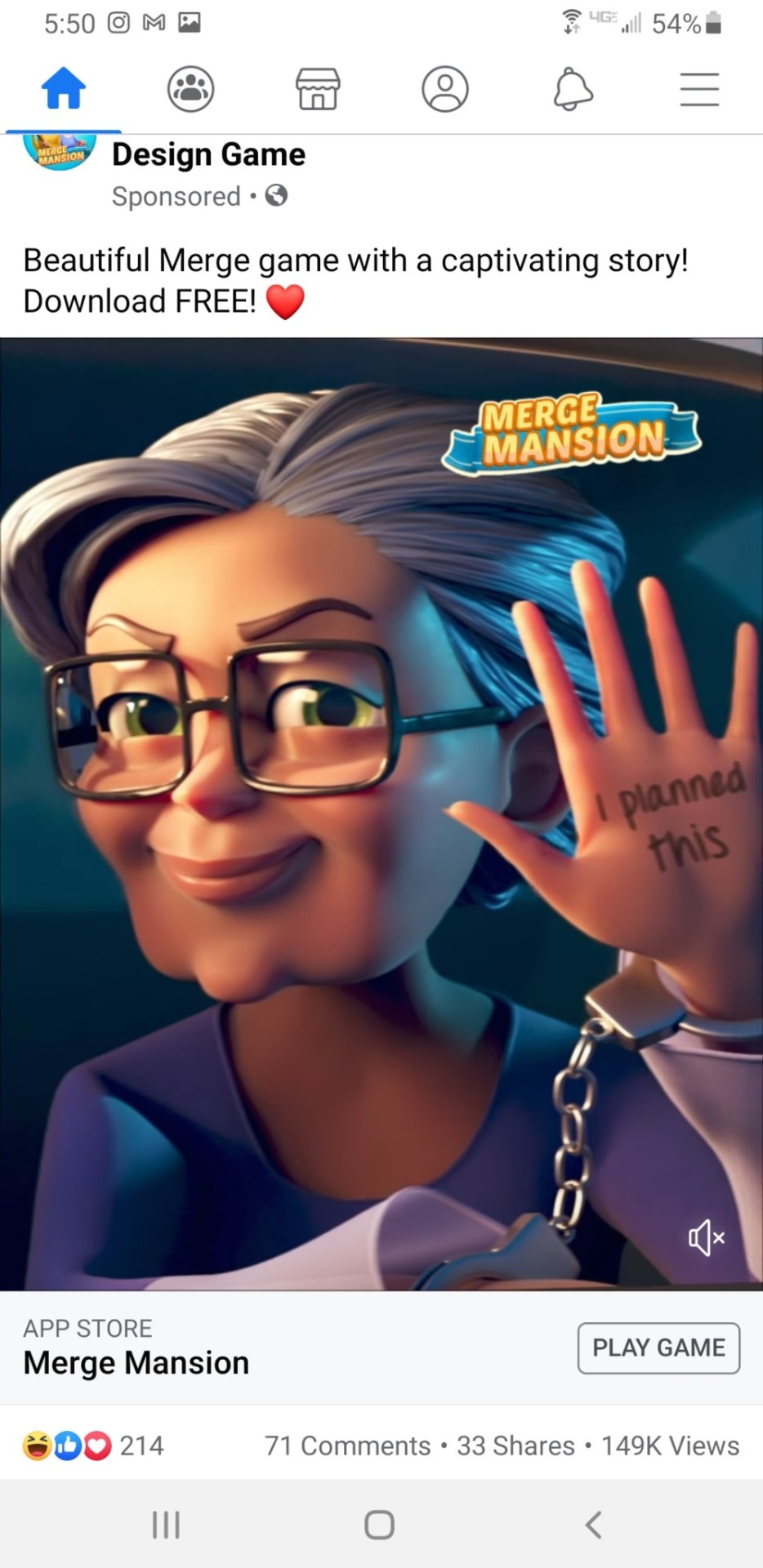
im so tired of these ads did grandma kill someone or not?????
36K notes
·
View notes
Text
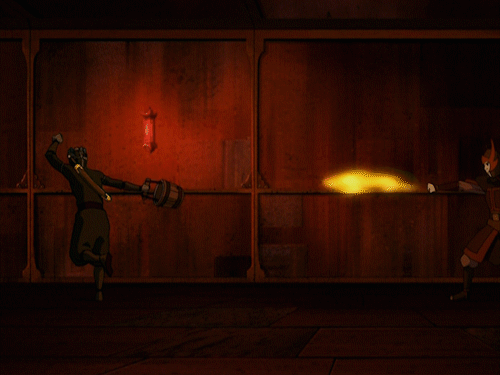
The Blue Spirit putting out firebending with a bucket of water is the absolute funniest thing ever done in avatar combat. It just is.
220K notes
·
View notes









